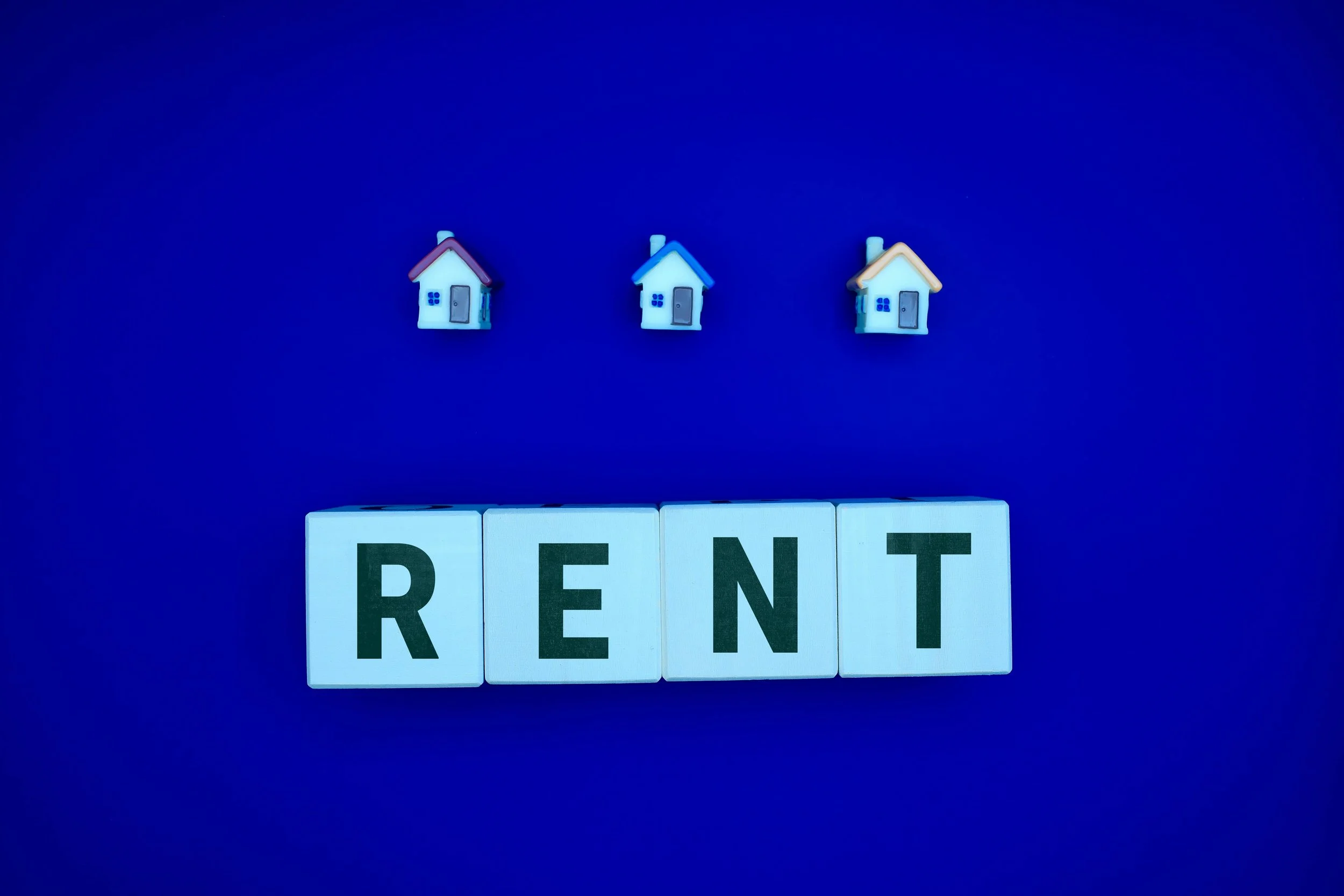Renting Myths That Could Be Costing You Thousands
Renting a home can feel simple and convenient, but many people make assumptions about renting that aren’t entirely true. Believing these myths can lead to unexpected costs and missed opportunities, sometimes amounting to thousands of dollars over time. Understanding the realities of renting, and comparing them to homeownership, can help you make smarter financial decisions.
In today’s market, it’s more important than ever to separate fact from fiction. Let’s explore common renting myths and how they might be silently draining your wallet.
Myth #1: Renting Is Always Cheaper Than Buying
Many renters assume that renting is automatically less expensive than buying, especially when comparing monthly rent to mortgage payments. On the surface, rent may seem lower, but it doesn’t build equity, offer tax benefits, or protect against rising housing costs.
Over the long term, renting can actually cost more than owning a home. Annual rent increases, fees, and lack of equity mean you’re paying someone else’s mortgage instead of investing in your own financial future. What seems “cheap” today could become far more expensive in the coming years.
Myth #2: You Don’t Need to Worry About Maintenance Costs
It’s easy to think that renting frees you from maintenance responsibilities. While landlords are technically responsible for repairs, you’re still paying indirectly through rent, and small inconveniences can affect your quality of life.
Additionally, renters often pay extra for things like in-unit upgrades, furniture replacements, or temporary fixes that they can’t permanently install. Over time, these expenses add up, whereas homeowners can invest in improvements that increase property value instead of benefiting someone else.
Myth #3: Renting Offers Maximum Flexibility Without Cost
Renting is often promoted as the flexible option, perfect for people who may need to move frequently. While flexibility is real, it’s not free. Lease-breaking fees, security deposit losses, and the need to pay moving costs can make frequent renting surprisingly expensive.
Buying may seem less flexible, but it can offer stability and predictable costs, especially if you plan to stay in a home long-term. In many cases, the financial benefits of ownership outweigh the supposed flexibility of renting.
Myth #4: You Can’t Build Wealth Unless You Buy
Some renters believe that until they’re ready to buy, they’re stuck financially. While it’s true that paying rent doesn’t build equity, there are smarter ways to leverage your housing dollars and prepare for homeownership.
The key is understanding that every rent payment you make is someone else’s investment. Transitioning to ownership as soon as you’re financially ready allows you to start building wealth through equity, appreciation, and tax advantages, rather than waiting indefinitely while renting.
Myth #5: Homeownership Is Too Risky Right Now
High home prices and interest rates make some renters hesitant to buy, thinking renting is the safer choice. However, renting doesn’t protect you from rising costs or inflation, and you miss out on the opportunity to grow your wealth.
Even today, buying a home can be financially smarter than renting if you plan strategically. Locking in a fixed-rate mortgage, building equity over time, and taking advantage of tax benefits can provide long-term stability that renting simply cannot match.
Rethinking Renting to Make Smarter Choices
Believing common renting myths can quietly cost you thousands of dollars over time. Understanding the realities of renting, and comparing them with the advantages of buying, helps you make smarter housing decisions. By questioning assumptions, reviewing your finances, and planning ahead, you can take control of your housing future and make choices that build wealth rather than drain it.




